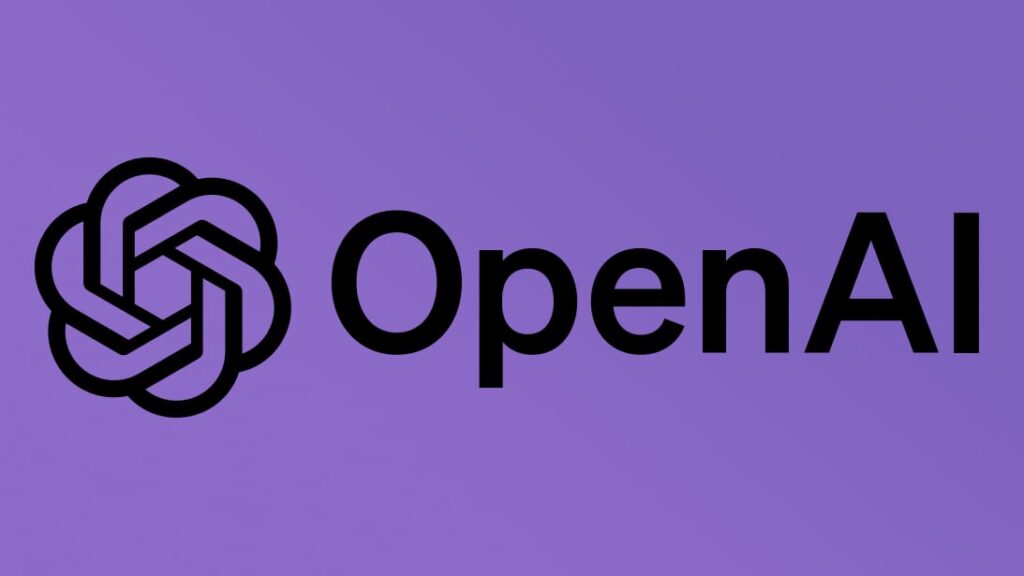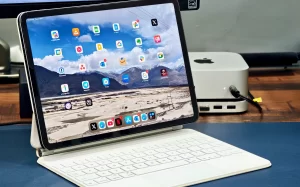OpenAI Rolling Out More Natural Advanced Voice Mode for ChatGPT

OpenAI today said that it has started to roll out Advanced Voice Mode to a small number of paid ChatGPT users, allowing them to test out more natural, real-time conversations.
Advanced Voice Mode allows ChatGPT to provide real-time responses that can be interrupted, plus it is able to sense and respond to humor, sarcasm, and more. The new model does not need to convert your speech to text and back again as the current ChatGPT voice does, leading to lower latency interactions.
OpenAI demonstrated Advanced Voice Mode back in May, showing off an AI voice called Sky that sounded remarkably similar to Scarlett Johansson. The voice was created and used without Johansson’s permission, and she ended up releasing a statement on the situation. She said that she turned down multiple offers from OpenAI CEO Sam Altman, who wanted Johansson to be the voice of ChatGPT. She said she was “shocked, angered, and in disbelief” that Altman created a voice that sounded “eerily similar” to her own voice. OpenAI claimed that the Sky voice was not intended to resemble the voice of Johansson, but it was removed after she hired legal counsel.
OpenAI says that since it demoed Advanced Voice Mode, it has been working to improve the safety and quality of voice conversations. Advanced Voice Mode speaks in four preset voices and is built to block outputs that differ from those voices, preventing it from mimicking celebrity voices. OpenAI has also “implemented guardrails” to block requests for violent or copyrighted content, and the early tests will be used to improve the feature before a wider launch.
Users who have been granted access to Advanced Voice Mode will receive an email with instructions, with OpenAI planning to add more people on a rolling basis. Everyone on Plus will have access to Advanced Voice Mode in the fall.
This article, “OpenAI Rolling Out More Natural Advanced Voice Mode for ChatGPT” first appeared on MacRumors.com
Discuss this article in our forums


